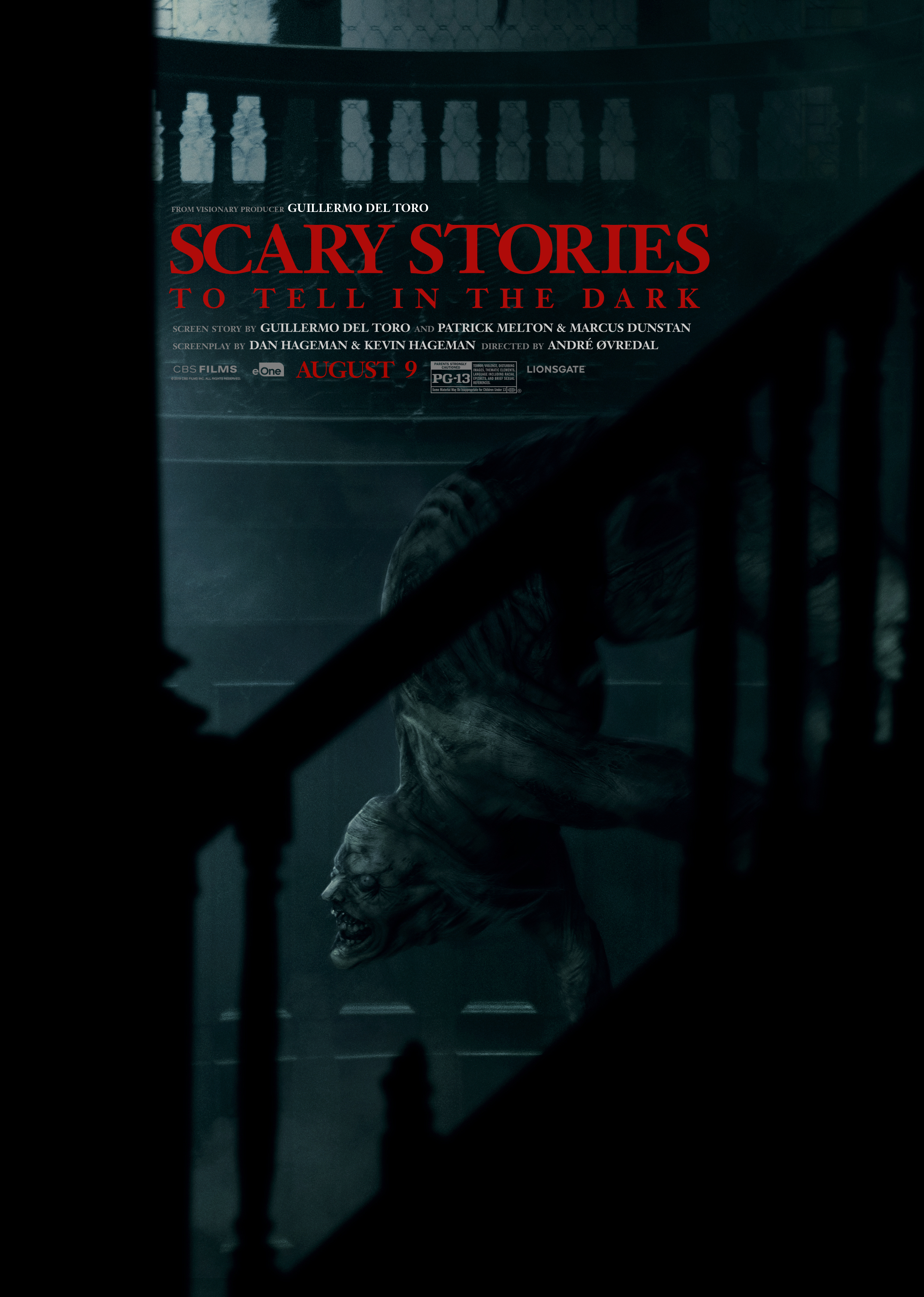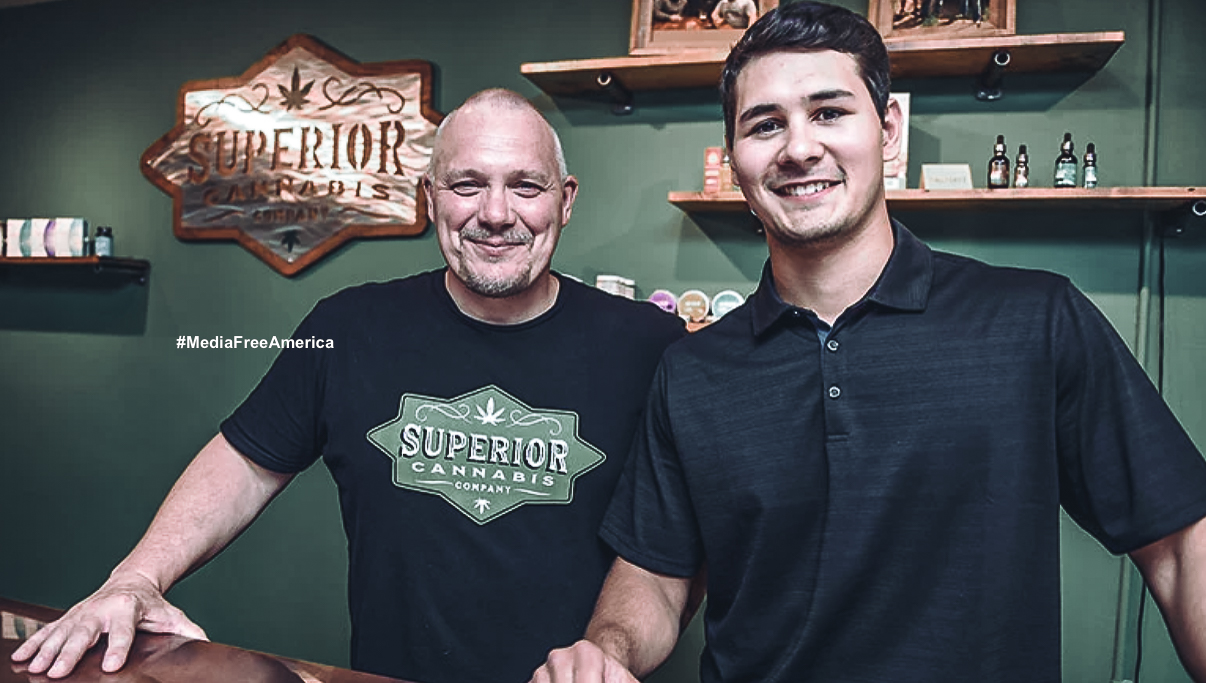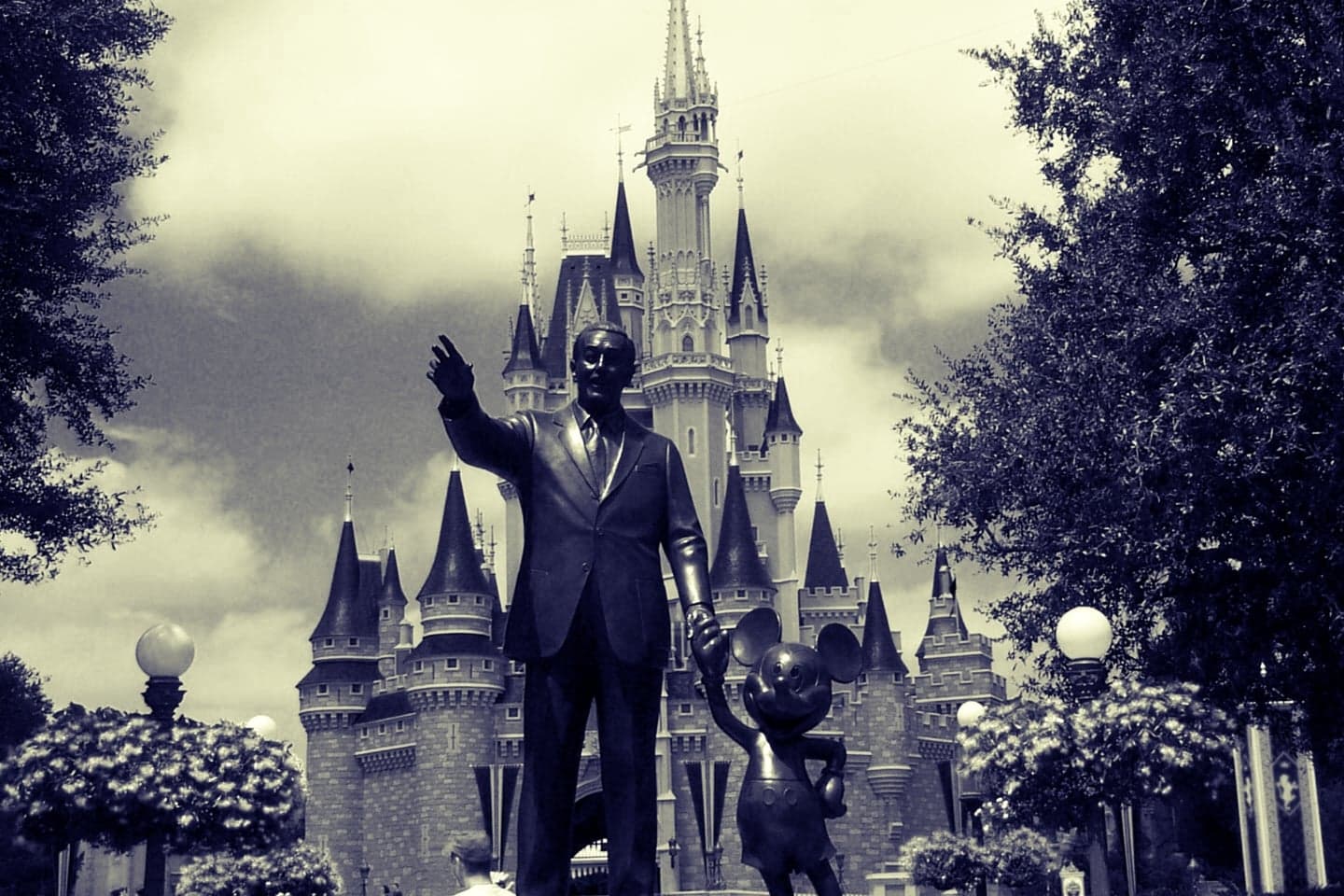“You like that scary stuff?”
This is what the school librarian asked me the first time I brought one of Alvin Schwartz’s short story collections to the checkout counter. It was the now-famous triology’s second volume, More Scary Stories; the first had been lost or stolen and the third not yet released, but I was still excited that my name had come up on the waitlist and I could finally get my hands on it.
I not only liked the scary stuff but thrived on it, and together with my younger brother, sought it out regularly, anywhere I could. We eventually read all three of Schwartz’s novels, and together with favorites such as Mother Bates, the beguiling Grady sisters of the Overlook, and Pet Semetary’s Zelda, committed the stories and their creepy images (courtesy of illustrator Stephen Gammel) to the depths of our horror-crazed memories.
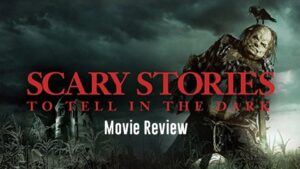
It was easy to get hyped for film adaptation--André Ǿvredal (Trollhunter) and producer Guillermo del Toro are two brilliant, talented artists who have a solid grasp on the narratives, techniques and themes of effective horror. Overall, the film delivered with a skillful mix of new fear and old school ghost/monster horror (think Stranger Things or the recent It adaptations with the music of Lana del Rey mixed in for fun), but I suspect true fans of the books, like me, would happily trade a half hour off the film’s beginning or end for just one more of Schwartz’s stories.
The vehicle of the stories--a group of awkward teenagers who steal a magical book out of a haunted house--is intriguing, but it eats up a lot of time in setting up how and why everything is going to go down. As it’s no longer unheard of to experience character development in horror films, we get some, and it’s sort of nice, but not all that necessary; we came to the theater for “The Toe” and “Me Tie Doughty Walker,” (not backstory) and we could forgive a few less personal details in favor of a few more scary things from the books.
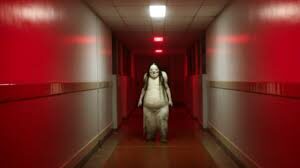
Aesthetic detail, large and small, was what this film succeeded at best--the places and all the little pieces within them gave a classic, almost John Carpenter feel to the story (rather fitting considering all the hurting, maiming, and killing that begins on Halloween here). Dark and shadowy nights alternate with gold, rusty days. It’s 1968, so the cars are huge, as are the eyeglasses. Drive-ins are still a thing. Corn fields, haunted houses, and psychiatric hospitals are pretty standard horror staples, and we see a lot of those, but we also get innocent little objects like a music box, a wax cylinder recording, and a self-writing book that assume very sinister properties in the context of the lighting, sound, and creature design of the film. Without spoiling any of the story-within-a-story choices or accompanying villains, I will tell fellow fans of the book to rest assured: you will recognize each “enemy” and often cringe or shield your eyes because you know what’s coming next once it has been introduced. I brought my kids to this film and afterward, each of us walked out having been wickedly disturbed by a different character, so in addition to being well-designed and true to the source, they’re a pretty broad reaching crew, as well.
Dust off the old books, grab a friend, and see this one for the nostalgia. If you, too, like the scary stuff, let’s talk again next month after the second part of It, shall we?
-Anna Purrington
Anna writes film, television, and literary reviews that are heavy on theme and experience. She received her BA in Cinema Studies and Media Culture from the University of Minnesota in 2003; her reviews have appeared in various local sites as well as her own media blog, Televisionlady.com. Anna lives in Minneapolis with her family."


